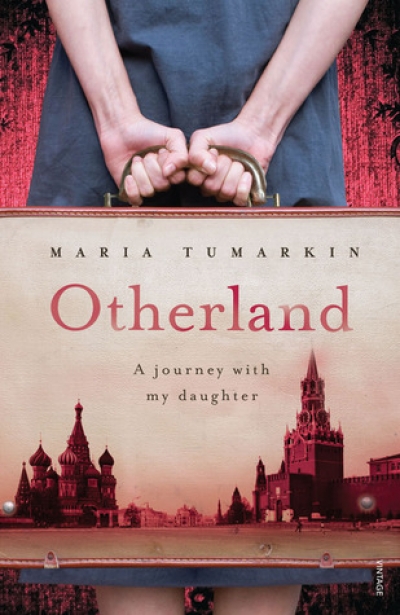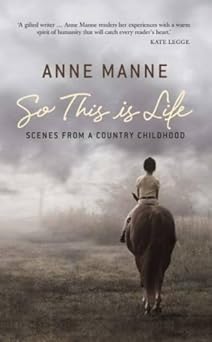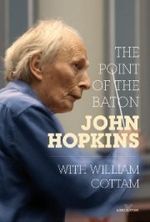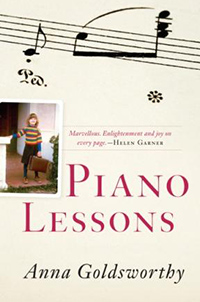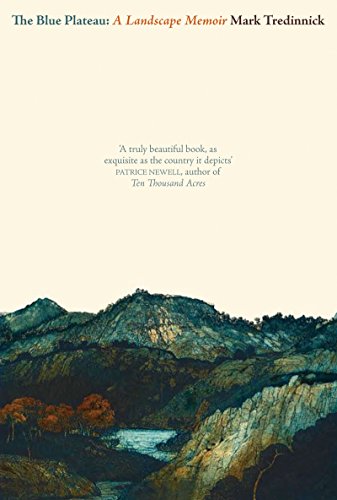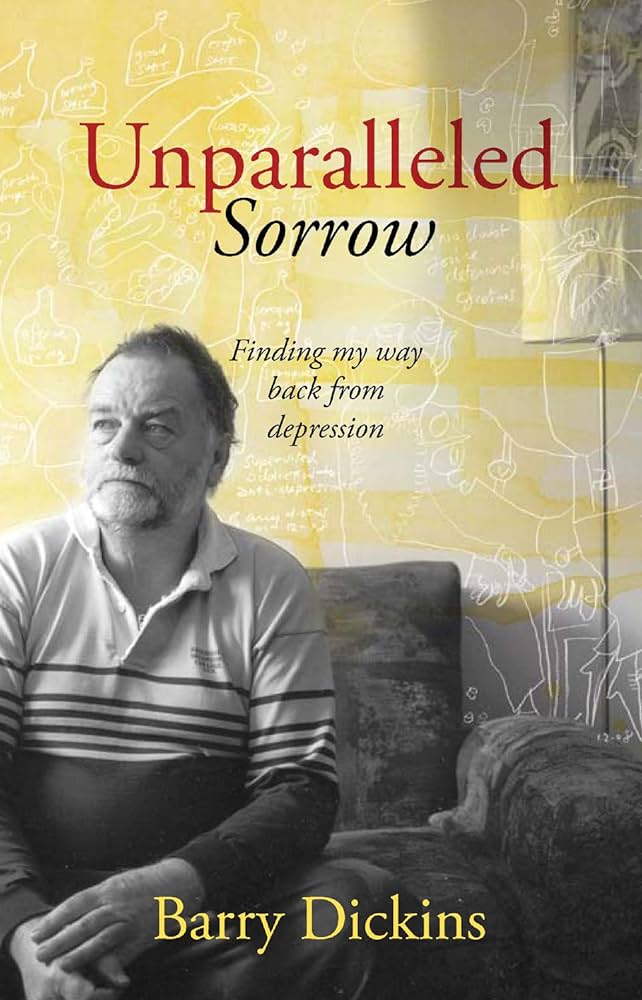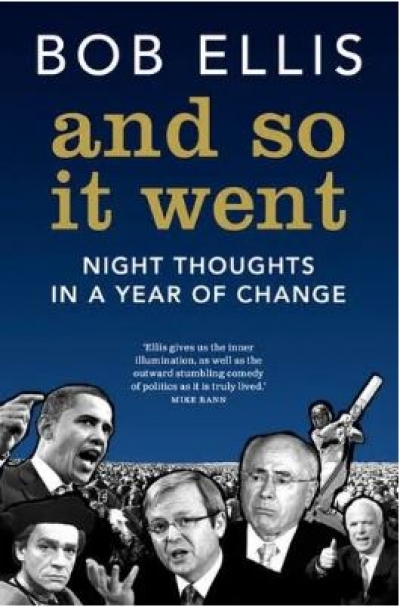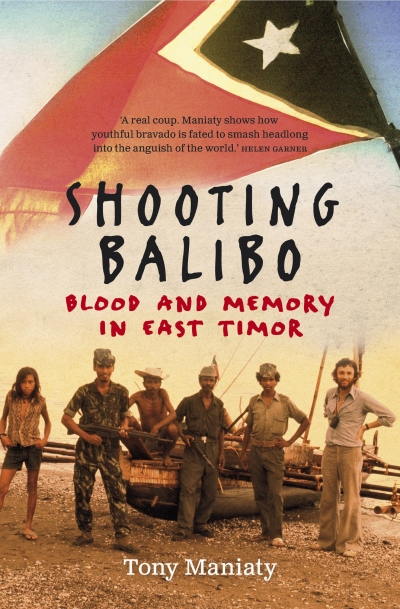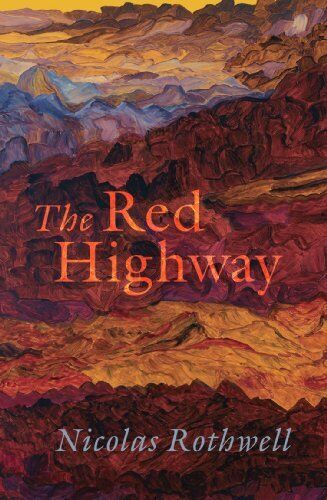Memoir
Let no one say that all travel memoirs fall into the same predictable box. Otherland and Mother Land, two such works from Melbourne writers, may enjoy rhyming titles and pluck similar strings, but their styles could hardly be more dissimilar. The first, a new book from Maria Tumarkin, describes a journey to her Ukrainian/ Russian country of birth with her twelve-year-old daughter in tow; the second, a 2008 evocation by Dmetri Kakmi, follows a revisiting of his childhood on a Turkish-Greek island. Of it I wrote in The Age: ‘Always a beautiful, evocative and carefully crafted reconstruction of a past life generically familiar to many migrants, Mother Land outshines the plethora of similar memoirs because it consciously operates at two levels: the narrow focus, limited characters and humdrum events are transcended and elevated to a universal myth of loss’ (16 August 2008).
... (read more)So This Is Life: Scenes From A Country Childhood by Anne Manne
Anne Manne’s publisher invites us to include So This Is Life in the classical canon of autobiographies of Australian childhood – Hal Porter’s The Watcher on the Cast-Iron Balcony and Raimond Gaita’s Romulus, My Father. In Australian letters there has been a long tradition of autobiographical writing of childhood; this produced some of the earliest critical writing on autobiography – by Richard Coe and Joy Hooton, for example. But I remain unconvinced by the MUP blurb, for Manne’s essays do not take us back to Porter or Gaita at all. Rather, they suggest the rich and dreamy vignettes of David Malouf’s autobiographical 12 Edmondstone Street or the precisely observed rural domesticity that is captured in Olga Masters’s Cobargo stories. Daisy, Lily and Ivy, Manne’s great-aunts, all unmarried, who live together in the formerly grand but now decaying two-storey house where ‘absolutely nothing happened’, recall Masters’s ‘home girls’; Manne’s affective memory of her grandmother’s linen cupboard recalls the childhood perception and memory work that Malouf captures so powerfully.
... (read more)The Point of the Baton: Memoir of a conductor by John Hopkins (with William Cottam)
My memory of John Hopkins – in fact, the memories of most of my generation of Australian music-lovers – goes back to the Proms he conducted in Sydney and then Melbourne from the mid 1960s to the early 1970s. Hopkins was, to young audiences of the day, an anti-establishment musician who dared to strip the furniture from the stalls and, in the process, also strip away what he calls the ‘dynamic conservatism’ of the then Australian Broadcasting Commission. ‘Hoppy’, as he was known, was a hero – the Sir Henry Wood of the Great Southern Land. He was, after all, English, with a broad Yorkshire accent.
... (read more)Piano lessons have been a source of joy or frustration for generations of Australians. By the early twentieth century, there was a piano for every three or four Australians. Skill at the pianoforte was an accomplishment that bourgeois parents desired for their children, especially daughters.
... (read more)Biographies, exhaustively researched, can take years, even decades to write – Jill Roe’s recent life of Miles Franklin is a good example – but few have to wait a century for a publisher. Written in 1906 and sold as a handwritten manuscript to the Mitchell Library in 1926, Cyril (brother of Gerard Manley) Hopkins’s obscure ‘Biographical Notice of the Life & Work of Marcus Clarke’ is published for the first time this month as Cyril Hopkins’s Marcus Clarke (Australian Scholarly Publishing).
Drawing on Clarke’s early journalism, Hopkins’s memories of Clarke from their time as schoolboy intimates in England, and the pair’s decades-long correspondence after Clarke’s emigration to Australia in 1863, this volume provides an unprecedented glimpse of the author of For the Term of His Natural Life. It is laced with anecdotal riches, including Clarke’s habit of depositing his unfinished cigars in the mouth of a green metal lion as he entered the Melbourne Public Library. The lion, smoking the cigar, became a signal to his friends that Marcus was within.
... (read more)The Blue Plateau, set in the Blue Mountains, is part memoir, part essay and part anecdotal local history. Mark Tredinnick wrote it during the seven years he spent living in the valley below Katoomba with his wife and growing family. Strangely, we learn little of the author or his family as this informative, sympathetic and poetic book emerges from its landscape in meditative bursts. It is a kind of mosaic of prose poems. If there is an order in this book, it is, as Tredinnick suggests in his prologue, one that is more implicit than explicit.
... (read more)Unparalleled Sorrow: Finding my way back from depression by Barry Dickins
This is the same Barry Dickins who used to write a column for the religion section of The Melbourne Times. The religion section dealt with football, and Dickins covered the waxing and mostly waning fortunes of the Fitzroy Lions, who were long ago squeezed into amalgamation with Brisbane. Brisbane was never an inner suburb of Melbourne, a sore point with followers, many of whom wore black to the game. They looked like mourners. Dickins alone could describe all the griefs that held them together. He was and is an unparalleled celebrant of sorrow. He is the bloke you want to be around when you need jokes for a funeral.
... (read more)And So It Went: Night thoughts in a year of change by Bob Ellis
Bob Ellis’s lightly edited journal alternates between two main timelines spanning 27 June 2007 to 8 November 2008: that is, from the run-up to the last Australian federal election to Barack Obama’s victory. Ellis’s insomniac musings over these sixteen-odd months are brilliant and shambolic, irritating and moving. The book is essential reading, but you have to work hard for the gems.
... (read more)Shooting Balibo: Blood and memory in East Timor by Tony Maniaty
Thirty-four years after the former colony of Portuguese Timor experienced the horrors of invasion by the Indonesian army, the story of the killing of the five television journalists known as the Balibo Five – a persistent subtext of that history – has found new life in the forthcoming feature film Balibo, directed by Arenafilm’s Robert Connolly. In reviewing Tony Maniaty’s related book, I must declare a vested interest: his book Shooting Balibo: Blood and Memory in East Timor has appeared on bookshelves two months earlier than a book of my own, on which that film is based.
... (read more)Towards the close of the second section of The Red Highway, Nicolas Rothwell is driving across the Kimberley Plateau towards Wyndham with a hitchhiker, an Aboriginal girl. When she asks why he has come back, he tells her that while he was a reporter in the Middle East he heard stories about places in the Kimberley that reminded him of people he knew there and of how much he missed the country. He tells her that ‘people who come to northern Australia come here because they’re lost, or searching, or on the edge of life, and silence, and they’re chasing after some kind of pattern, some redemption they think might be lurking, on the line of the horizon, out in the faint, receding perspectives of the bush’. He turns on the radio and picks up a station based in Kununurra. The announcer is chatting about strongyloids, a parasitic worm which causes heart and kidney problems in outback communities. ‘“I’ve got that,” said Cherandra proudly.’
... (read more)

